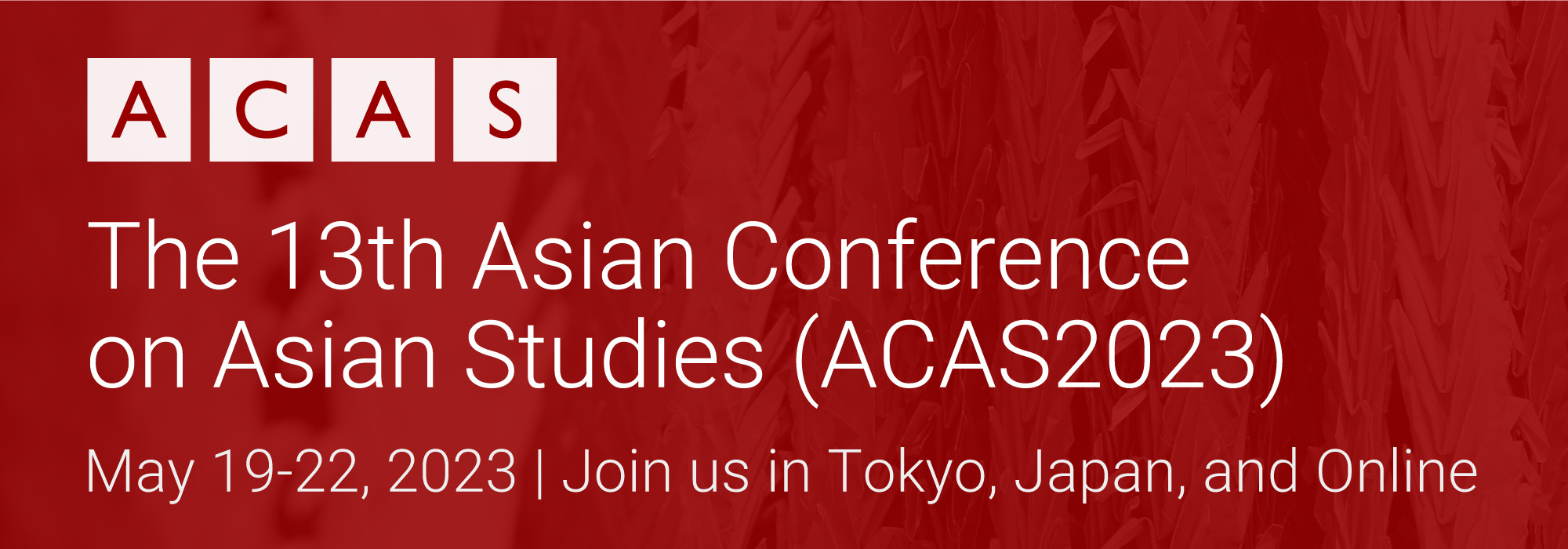The Yijing and the Japanese Creation Myth (68358)
Session Chair: Benjamin Wai Ming Ng
Sunday, 21 May 2023 10:45
Session: Session 1
Room: Room 704
Presentation Type:Oral Presentation
The Japanese creation myth described in the Jindai no maki (Chapters on the Age of the Gods) of the Nihon shoki (Chronicles of Japan, 720) was strongly influenced by early Chinese Daoist texts. Yijing-related concepts such as taiji (Supreme Ultimate), yinyang (the two complementary and contradictory forces in the universe), qiankun (first two trigrams representing heaven and earth), sancai (three powers or realms of the universe: heaven, earth, man), wuxing (five phases or agents), and bagua (eight trigrams) were applied to explain different aspects of the Japanese creation myth. The Japanese creation myth was later Confucianized in the Tokugawa period (1603-1868) when Japanese Confucian and Shinto scholars provided the Neo-Confucian metaphysical underpinning for Shinto mythology. Based on textual analysis of the Jindai no maki, this study aims to investigate how Yijing-related concepts were used to construct the Japanese creation myth and how Tokugawa Confucian and Shinto scholars further elaborated upon it.
Authors:
Benjamin Wai-ming Ng, Chinese University of Hong Kong, Hong Kong
About the Presenter(s)
Professor of Japanese Studies, Chinese University of Hong Kong
Ph.D (Princeton University)
See this presentation on the full schedule – Sunday Schedule





Comments
Powered by WP LinkPress